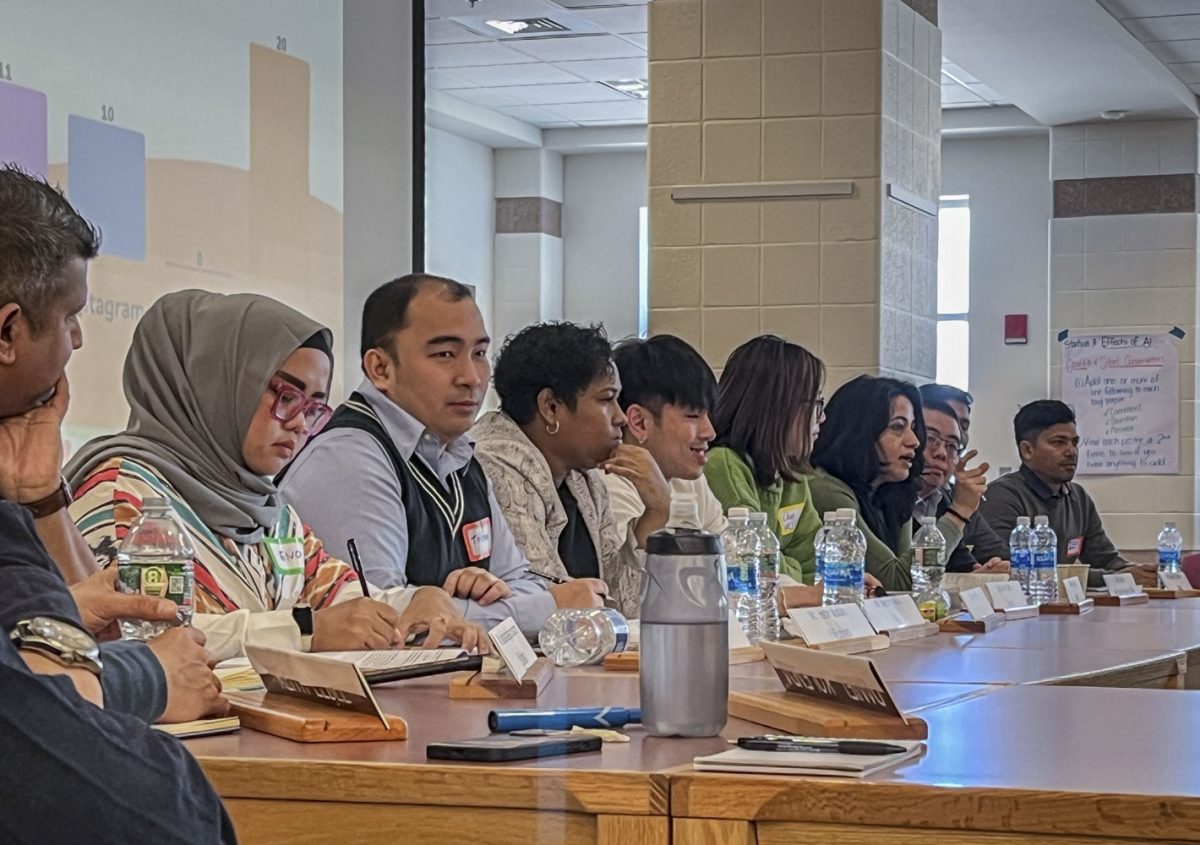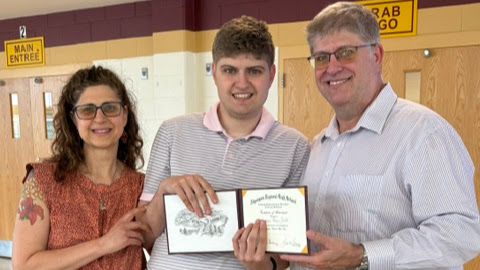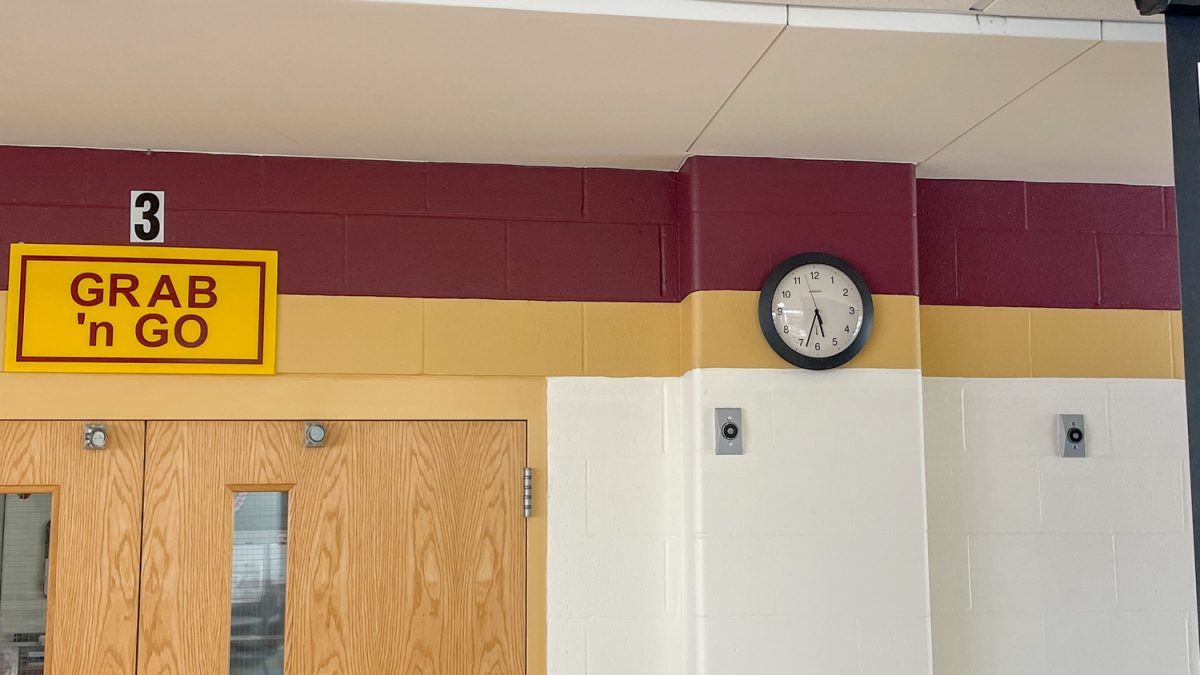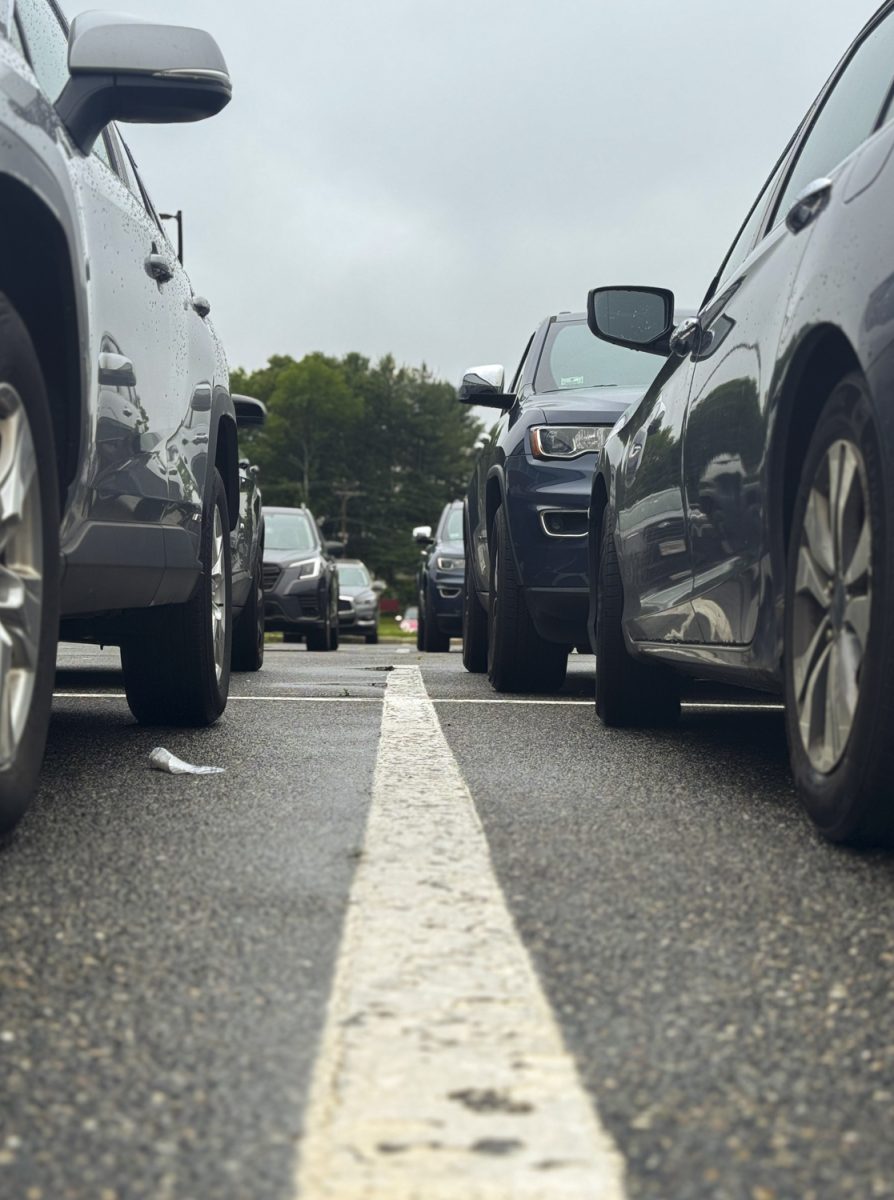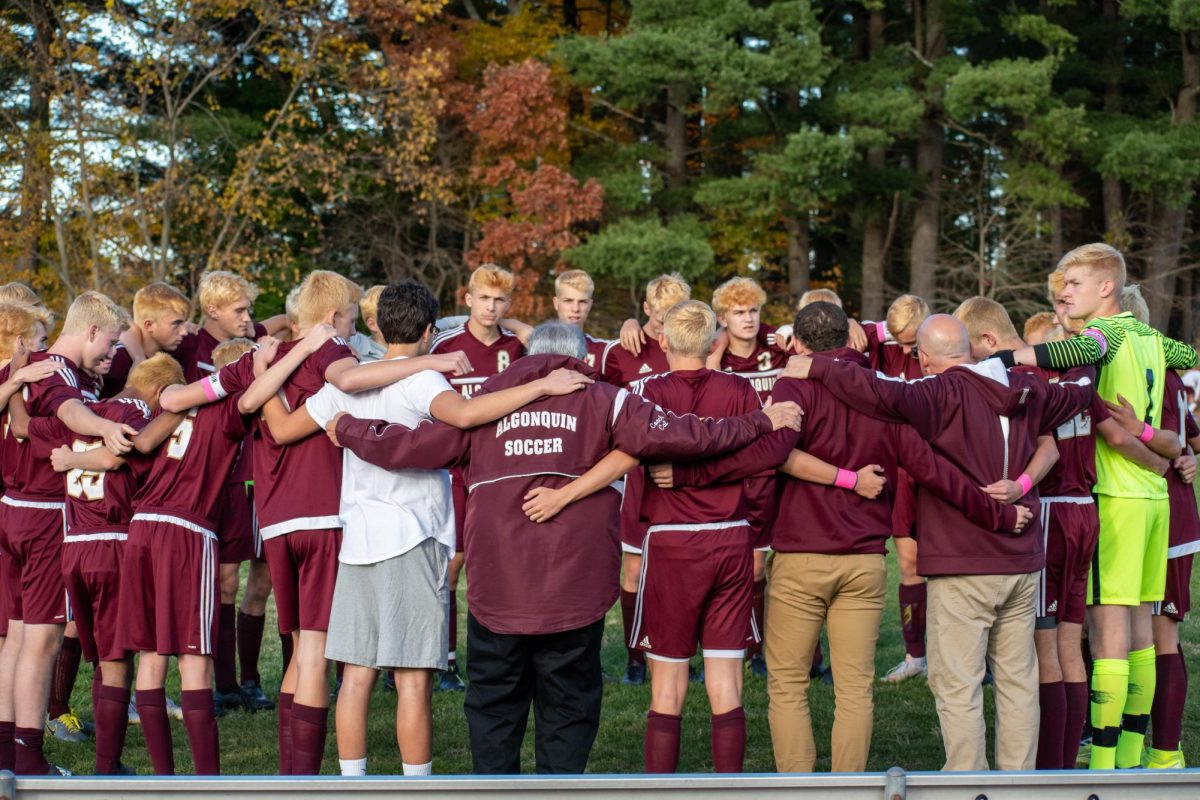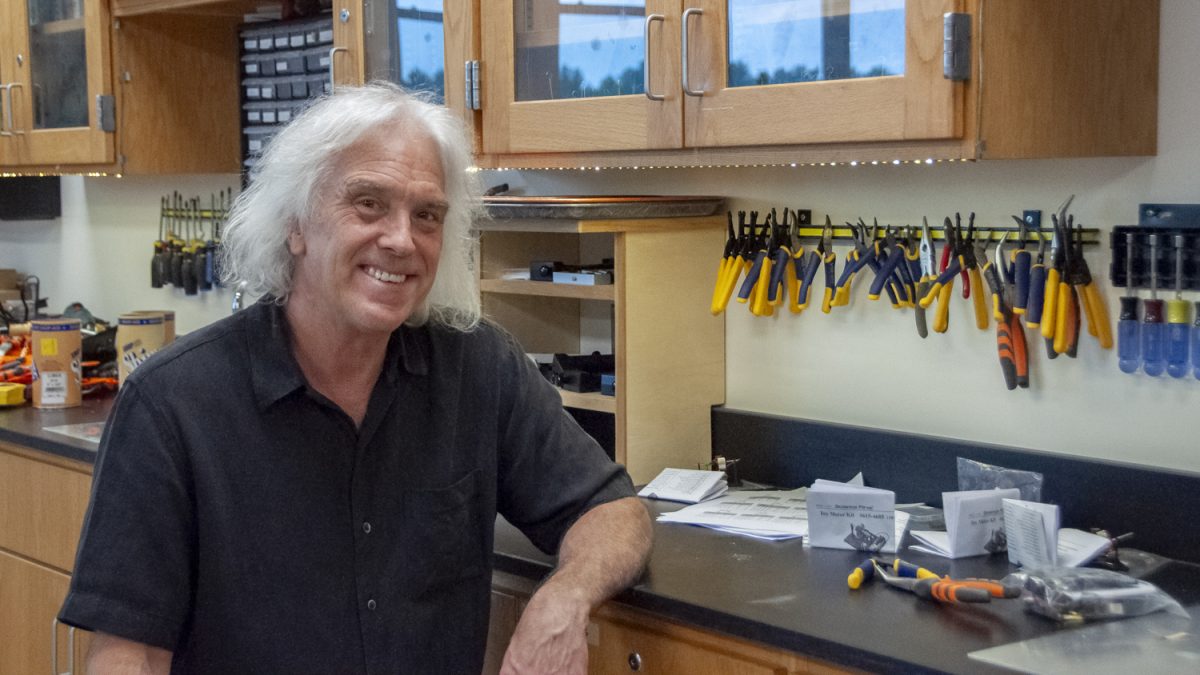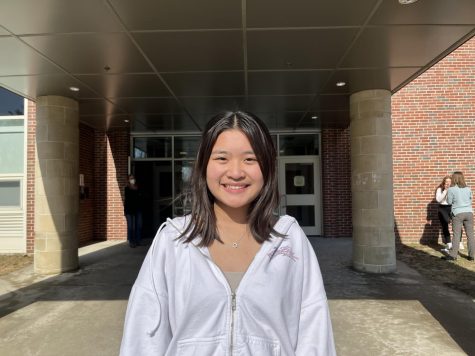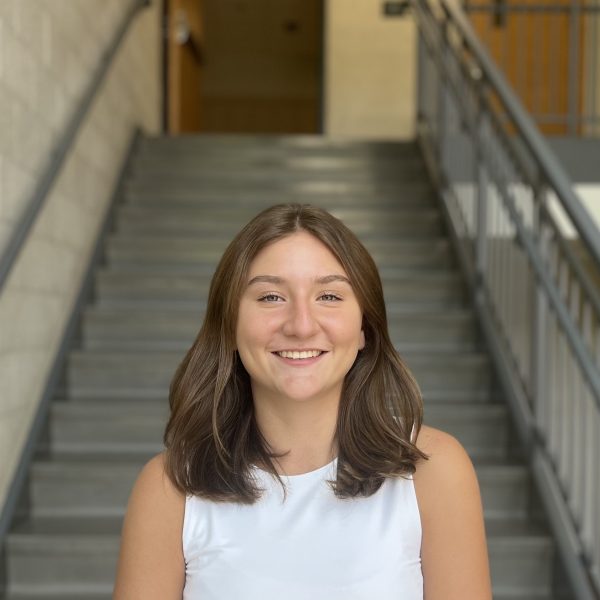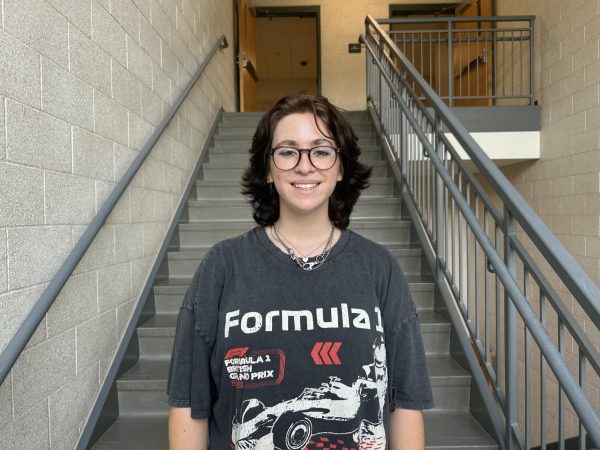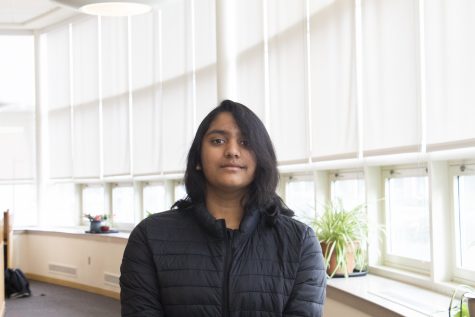Fifteen journalists from the Indo-Pacific participated in a panel discussion with Algonquin students regarding the effects of disinformation within social media and news in the ARHS library on March 8.
The journalists were selected to be a part of the Edward R. Murrow Program for Journalists, and their primary focus was on media responsibility in an age of disinformation. As visitors invited to the United States under the Department of State’s International Visitor Leadership Program and World Boston, they came from a wide range of countries such as Fiji, India, Indonesia, Nepal, the Philippines, Singapore, Sri Lanka, Taiwan, Thailand and China.
This event was one that librarian Kimberly Honey and Applied Arts and Technology teacher Catherine Griffin created with World Boston in 2017.
“These journalists have interacted with various classes and every year they have a different focus,” Social Studies teacher Amelia Braun said. “This year’s theme is on the dissemination of information: how it spreads, where it comes from, how we verify the information and how social media influences the learning and information people get.”
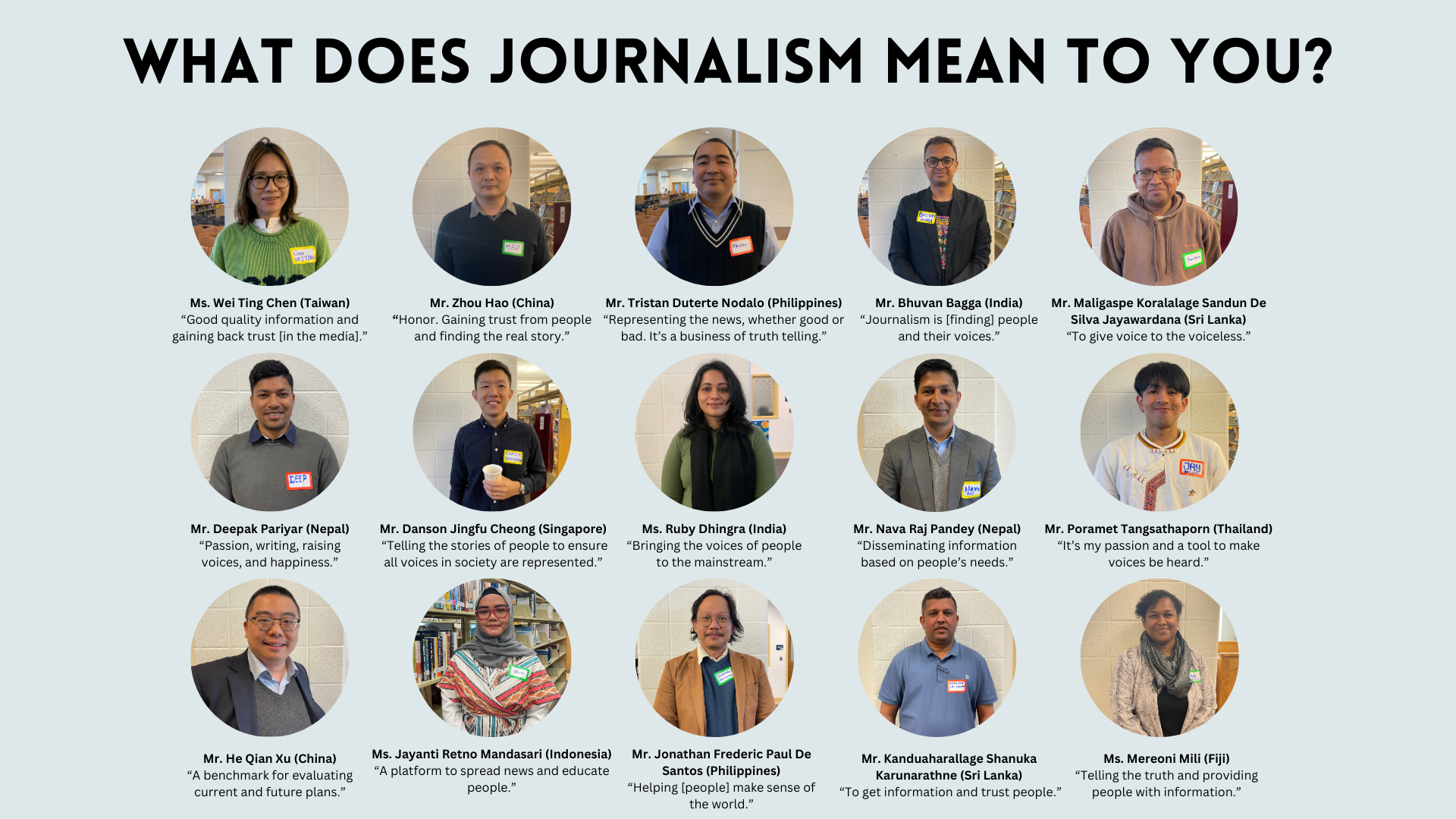
Braun speaks highly of the event and was excited about this year’s discussion.
“It’s an amazing opportunity to interact with journalists from a part of the world that is quite far away,” Braun said. “It’s an opportunity not a lot of people have where students can talk to so many varied journalists from so many different nations. So I think it’s a great real-world once-in-a-lifetime experience.”
Social Studies teacher Kristin Turner, another organizer of this event, was also excited for the event.
“The highlight is the interaction with the students,” Turner said. “It’s a once-in-a-lifetime experience. When is there ever a time that kids are going to come together with some of the best journalists? There is no other time that students in high school can be in contact with 20 of those people at the same time.”
This year they focused a lot on how social media can spread false information about news, and how reliable it truly can be. A question about student’s thoughts on TikTok, and how they feel about people getting information from it was posed by journalist Ruby Dhingra.
“Social media should take steps to make it more reliable. [Such as] implement fact checkers,” a student said.
When asked more specifically about social media regarding the election that is coming up, many students said that the closer to the election, the less reliable social media will become.
“Algorithms will continue to show you the side that they think that you like, so it is more concentrated on your party, and you will see and hear the things that you want to,” a student said.
Students are also bringing up points about how they don’t even know what the candidates are trying to promote from just hearing what is said on social media.
“A lot of the information that is on social media is about defamation of character, there was nothing on the actual policies,” one student said “For example, in the last election no one really knew the policies that each of the candidates had, just about what the other side had done.
When asked by one of the journalists how the students thought social media could regain their trust, some ideas included making media less polarized and biased, reporting solely on facts by not twisting the narrative, for media outlets to be less “company” or “business” like, and for more media platforms to be created that share the “middle ground” on controversial issues.



